The following opportunities have been announced. Please follow the links for more information:
BBSRC and NERC invite proposals for both research and research translation projects to the first call of the Sustainable Agriculture Research & Innovation Club (SARIC). Approximately £5M of funding is available for this call, divided between research grants (£3.5M) an d research translation grants (£1.5M). A workshop for both calls will be held on 18/06/14 at the Royal Academy of Engineering, London. The closing date for the Research Translation grants is 4pm on 29/07/14. The closing date for the Outline Research grant proposal is 11/09/14.
d research translation grants (£1.5M). A workshop for both calls will be held on 18/06/14 at the Royal Academy of Engineering, London. The closing date for the Research Translation grants is 4pm on 29/07/14. The closing date for the Outline Research grant proposal is 11/09/14.
Following the BBSRC‘s first phase of the Multidisciplinary Synthetic Biology Research Centres (SBRCs) call in 2013, which established three SBRCs, the call will shortly be launched for phase two. This call has been developed by the RCUK Synthetic Biology Working Group. It is anticipated that the opening date will be in late May, with a closing date in July.
The EPSRC‘s Collaborative Computational Projects (CCPs) bring together the major UK groups in a given field of computational research to tackle large-scale scientific software development projects, maintenance, distribution, training and user support. They play an important role in EPSRC’s ongoing ability to deliver its Software as an Infrastructure strategy and as community based networks and projects they provide a focal point for communities to identify their scientific software requirements and take a strategic approach to software support in a particular field. Subject to quality, up to £2M of funding and 15 FTEs per annum of technical computational support from staff at STFC’s Scientific Computing Department is available to support new and existing Collaborative Computational Projects (CCPs) that underpin research and research communities within the EPSRC remit. Closing date: 4pm on 27/10/14.
The MRC wishes to encourage applications to all MRC research boards, particularly at programme-level, for “systems medicine”: using systems approaches in medical research to build on the research & training foundations laid by other research councils, and encourage a wider range of applications applying systems approaches to medical research – “systems medicine”. For closing dates, please consult the specific Research Board’s deadline date.
The MS Society and the MRC may jointly fund applications identified as a priority by the MS Society. Applications will be assessed in open competition across the MRC’s range of funding schemes. Please see the website for further information.
Nesta, in collaboration with the TSB, has announced the opening of the 2014 Longitude Prize, where the public is invited to vote (22-25 May) on the most pressing problems of our time. In September 2014, applications will be invited for the winning challenge. A total fund of £10m will be available.
NERC, under the Valuing Natural Capital scheme, is seeking to fund research that will help understanding of the implications for natural capital and the provision of ecosystem services of a range of future energy scenarios. These including scenarios that are compatible with the UK’s energy policy challenges of maintaining energy security, keeping energy affordable and cutting greenhouse gas emissions by 80 per cent by 2050. NERC, working closely with the UK Energy Research Centre (UKERC) and its Valuing Nature programme, will be running a two-day interactive strategic ideas brokerage workshop to develop research consortia that will subsequently submit grant proposals to address this challenge. This Announcement of Opportunity is a call for participants for the ideas brokerage workshop, which will take place on 21-22 July 2014 at Warwick Conferences. Closing date: 9am on Monday 16/06/14.
The TSB is to invest up to £3m to support the development of innovations that will enable the use and integration of data to improve the stratification of patients with neurodegenerative diseases and the provision of business models to, for example, support repositioning of currently available drugs on the basis of stratification for treatment of neurodegenerative diseases. Proposals must be business-led and collaborative. This is a two-stage competition that opens for applicants on 27 May 2014. The deadline for registration is noon on 02/07/14 and the deadline for expressions of interest is noon on 09/07/14. The deadline for projects invited to submit a full-stage application is noon on 09/10/14. A briefing event for potential applicants will be held in London on 10/06/14.
Linked with this, the
TSB are making an investment of up to £4m to support the development of products and services for the early diagnosis of
neurodegenerative diseases and diagnostic tools to enable the stratification of patients for better treatment and care management. This competition also covers monitoring and aspects of telehealth and telecare as they relate to stratified medicine and the management of patient treatment and care. Success relies on better and more integrated diagnostic tests to guide treatment and disease management decisions and get patients into the right care pathways. Proposals must be business-led and collaborative. The deadline for registration is noon on
02/07/14 and the deadline for expressions of interest is noon on
09/07/14. The deadline for invited projects to submit a full-stage application is noon on
09/10/14. A
briefing event for potential applicants will be held in London on
10/06/14.
The TSB is to invest up to £6m in collaborative R&D projects that stimulate innovation in the UK digital health sector. The aim of this competition is to support projects with novel ideas for health informatics – specifically, using data to address healthcare needs within a hospital setting. Collaborations that focus on one or more of the following areas – accident and emergency (A&E), planned specialist care, health analytics and connected care are welcome. The funder is seeking proposals that will make secondary care more efficient and empower care providers, patients and their families. Applications should also explore how health informatics can revolutionise existing therapies and services and also be an enabler for those that would not exist without digital technology. Proposals must be collaborative and business-led although project partners can include research and non-profit organisations as well as other businesses. Applicants must register by 25/06/14 with the deadline for expressions of interest being noon on 02/07/14. A briefing event for potential applicants will be held in London on 28/05/14.
The TSB, on behalf of the Home Office, is inviting applications for projects which help to identify substitutes for, or additives to, potentially harmful chemicals, to make them non-viable for dangerous and illegal purposes, without hampering their legitimate uses. A briefing event will be held on Tuesday, 10/06/14 in Central London. Applicants must register by 16/07/14 with full applications to be submitted by 23/07/14.
Please note that some funders specify a time for submission as well as a date. Please confirm this with your RKE Support Officer.
You can set up your own personalised alerts on ResearchProfessional. If you need help setting these up, just ask your School’s RKE Officer in RKE Operations or see the recent post on this topic, which includes forthcoming training dates up to November 2014.
If thinking of applying, why not add notification of your interest on ResearchProfessional’s record of the bid so that BU colleagues can see your intention to bid and contact you to collaborate.
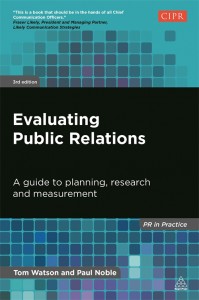 “When the first edition of Evaluating Public Relations came out in 2005, it mostly dealt with the measurement of media relations activity”, Professor Watson said. “In it, we included a chapter on how to measure PR-influenced coverage on a no- or low-cost basis. An updated version is included in the latest edition.
“When the first edition of Evaluating Public Relations came out in 2005, it mostly dealt with the measurement of media relations activity”, Professor Watson said. “In it, we included a chapter on how to measure PR-influenced coverage on a no- or low-cost basis. An updated version is included in the latest edition.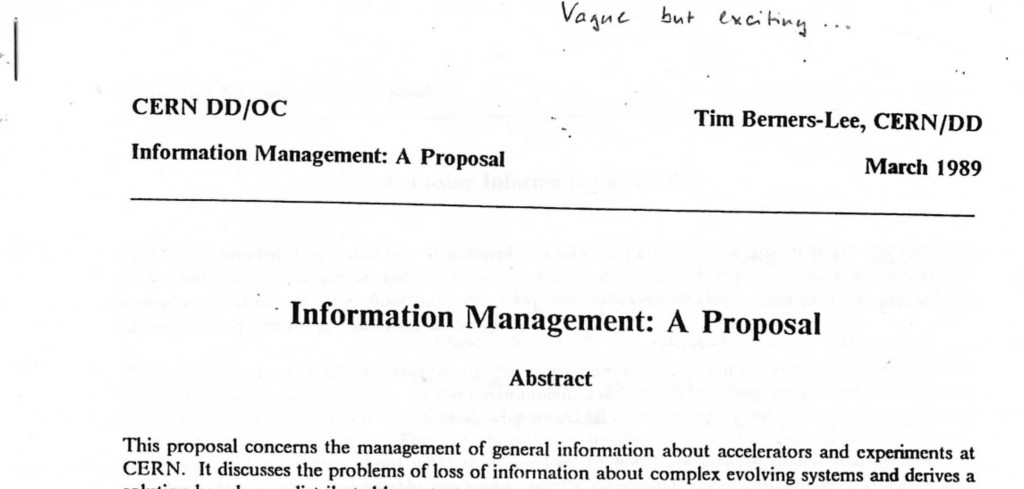
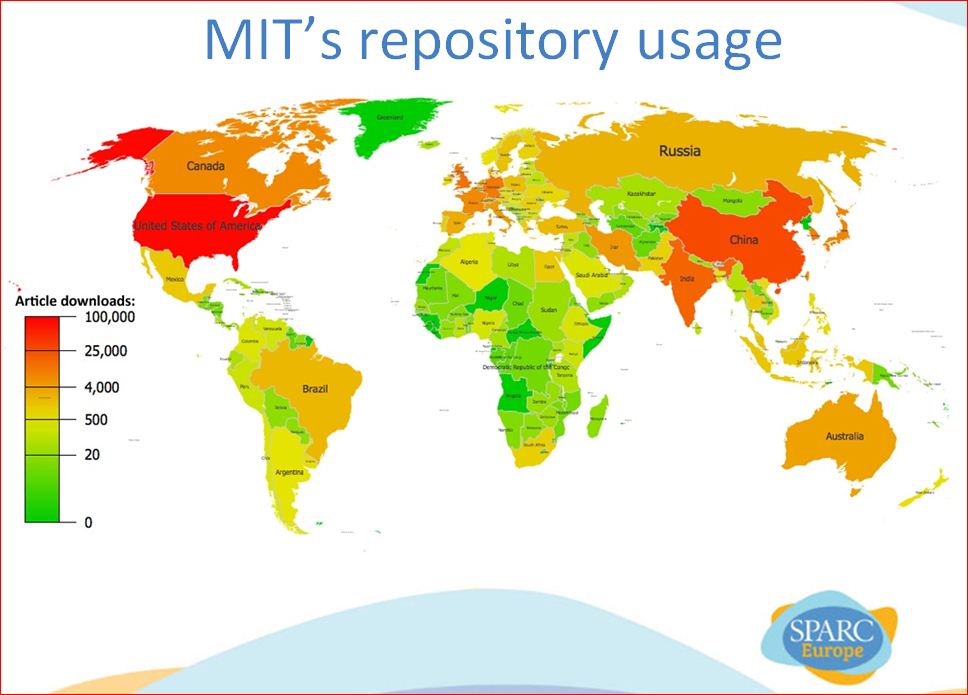
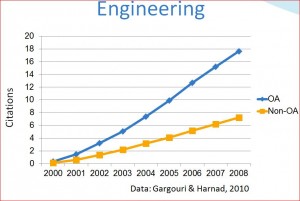

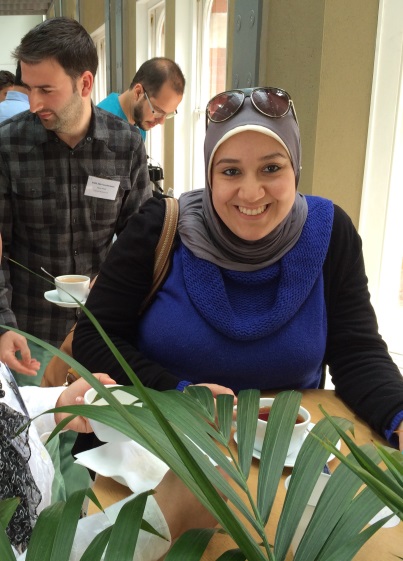
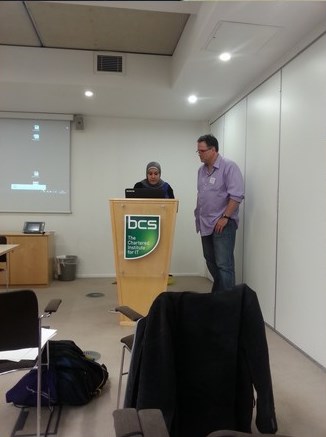


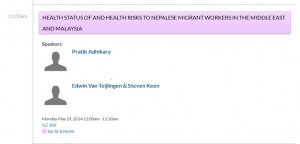

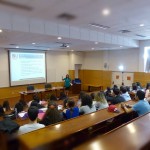
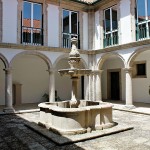

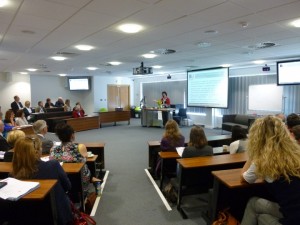
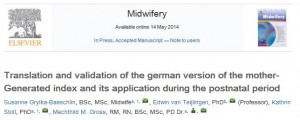

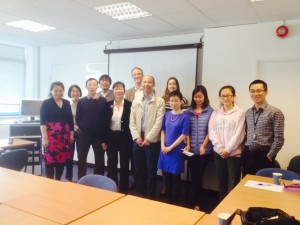


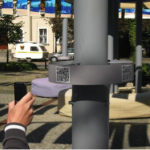











 Read and sign up to BU’s Policy Influence Digest
Read and sign up to BU’s Policy Influence Digest Upcoming opportunities for PGRs – collaborate externally
Upcoming opportunities for PGRs – collaborate externally BU involved in new MRF dissemination grant
BU involved in new MRF dissemination grant New COVID-19 publication
New COVID-19 publication MSCA Postdoctoral Fellowships 2024
MSCA Postdoctoral Fellowships 2024 Horizon Europe News – December 2023
Horizon Europe News – December 2023